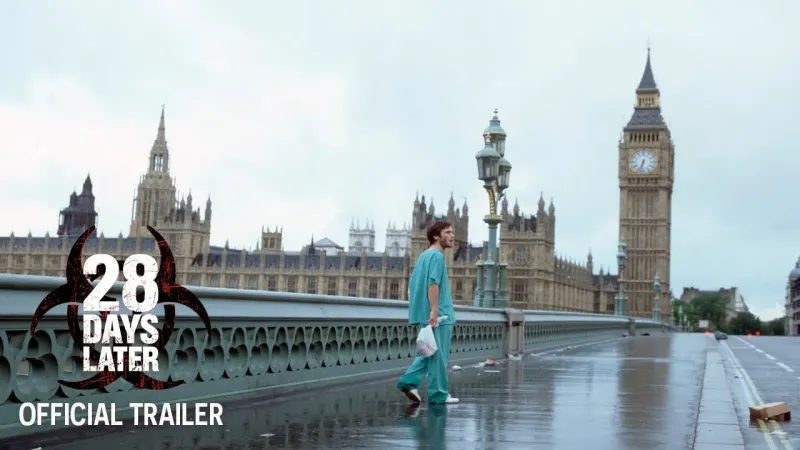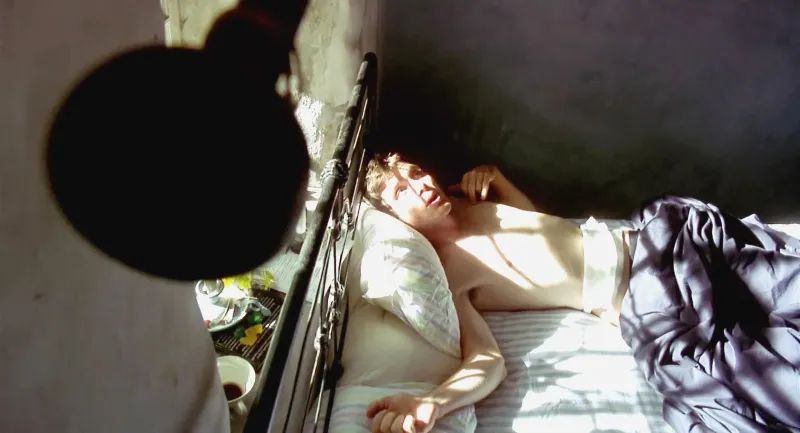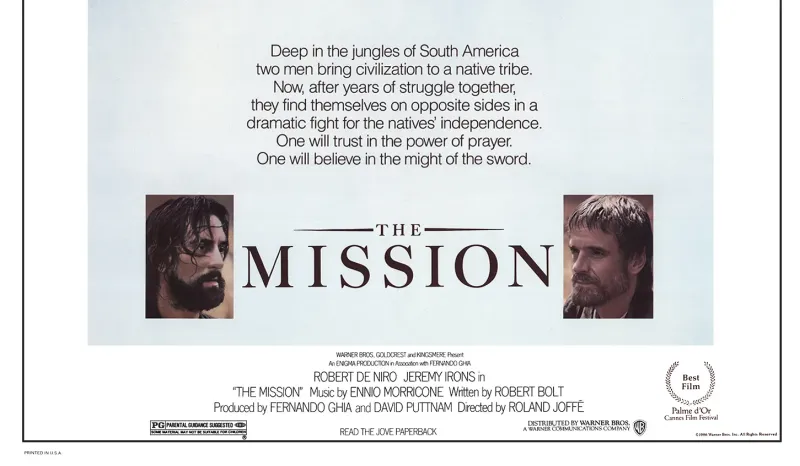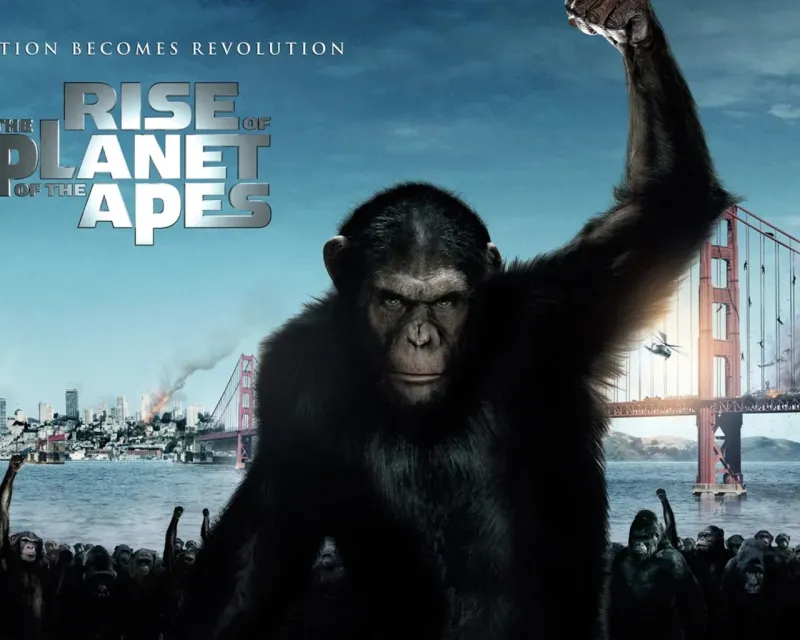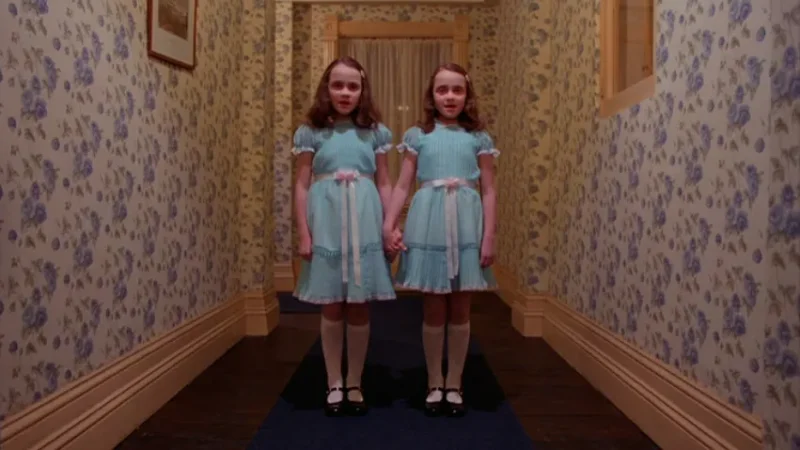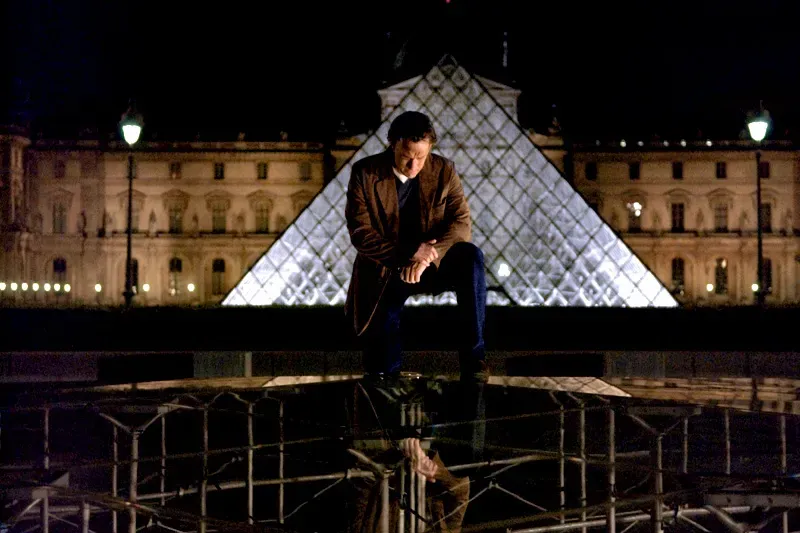Plot and Setting
28 Days Later is a gripping post-apocalyptic horror film that explores the aftermath of a viral outbreak in the United Kingdom. The story begins with the accidental release of the highly contagious "Rage" virus, which spreads rapidly among the population. The film follows the protagonist, Jim, who wakes up from a coma 28 days after the outbreak to find London deserted and overrun by infected individuals. The desolate cityscape sets a chilling tone, immersing viewers in a world where society has collapsed.
The movie's setting plays a crucial role in establishing its atmosphere. The empty streets of London, typically bustling with life, amplify the sense of isolation and danger. As Jim navigates through this new reality, he encounters a small group of survivors, each struggling with their own fears and motivations. The film's depiction of a society on the brink of extinction serves as a stark backdrop for themes of survival, morality, and humanity, inviting viewers to reflect on how civilization can unravel in the face of disaster.
Character Development and Themes
The characters in 28 Days Later are well-developed, each adding depth to the narrative. Jim, portrayed by Cillian Murphy, transforms from a bewildered survivor to a determined leader. His journey is marked by encounters with other survivors such as Selena, played by Naomie Harris, who is pragmatic and initially distrustful, reflecting the harsh reality of their new world. Their evolving relationship underscores the film's exploration of trust and cooperation in dire circumstances.
The film's themes extend beyond horror, delving into the psychological impact of isolation and the primal instincts that emerge in survival situations. The narrative tackles issues of hope, despair, and the thin line between humanity and savagery. The infected are not the only threat; the film also critiques the darker aspects of human nature, as seen in the survivors' interactions and conflicts. These themes resonate with audiences, offering a thought-provoking examination of the human condition under extreme duress.
Impact and Legacy
28 Days Later is credited with revitalizing the zombie genre, influencing a wave of films and television series that followed. Its unique take on infection and its fast-paced, aggressive "infected" set it apart from traditional zombies, inspiring a new era of horror storytelling. Directed by Danny Boyle and written by Alex Garland, the film's innovative approach and use of digital video technology contributed to its gritty, realistic aesthetic, making it a standout in horror cinema.
The film's legacy is evident in its enduring popularity and critical acclaim. It sparked discussions about the nature of horror and survival, influencing both creators and audiences. The success of 28 Days Later led to a sequel, "28 Weeks Later," and rumors of a potential third installment continue to circulate. Its impact extends beyond entertainment, prompting reflections on societal resilience and the consequences of scientific experimentation gone awry. The film remains a touchstone in the horror genre, celebrated for its suspenseful storytelling and profound themes.
